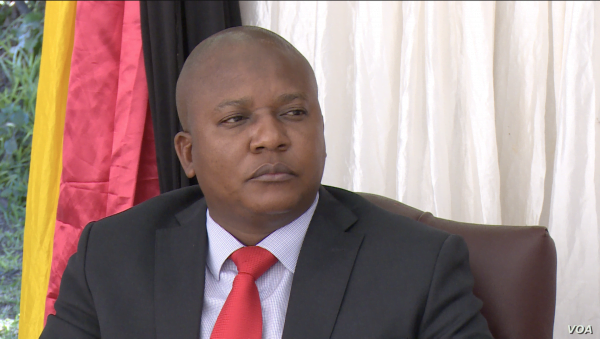THE Ministry of Mines and Mining Development has deployed resources to provinces in a bid to clear title issuance backlog which is now making it difficult for one to get a licence on application submission.
By Dumisani Nyoni
The Ministry has been struggling to issue mining titles on time, a situation that was now breeding illegal miners, reducing the flow of gold through formal channels like the Fidelity Printers and Refiners.
The process was taking several years in some mining provinces, with torn and obscure maps causing several mining disputes.
It could be noted also that the lack of registration certificates causes miners to channel their gold through the black market, which is not good for the growth of the mining industry and the economy.
In an interview with this publication, Mines and Mining Development deputy minister Polite Kambamura said the ministry was working flat out to clear the title issuance backlog.
“The ministry is currently working to clear the title issuance backlog, which makes it difficult for one to get a licence on application submission. We are, however, putting resources to provinces to expedite the whole process,” Kambamura said.
Quizzed to reveal the type of resources he was talking about, Kambamura said: “We are talking of human resources, vehicles, fuel, maps etc.”
On corruption reports allegedly involving Mines Ministry officials, he said if there were “any specific corrupt allegations then reports should be brought forward.”
There have been several corruption reports whereby Provincial Mining Directors (PMDs), though armed with full knowledge on the ownership of mine claims in the country, deliberately re-allocate mine claim certificates to their loyal syndicates who either give them cash upfront or a percentage of the loot.
The small scale miners in Midlands Province accused the Midlands PMD Nelson Munyanduri and the national office of operating a well-orchestrated conspiracy of deceit, fraud, misrepresentations, chicanery and double-dealing after he double allocated a mining certificate on disputed land, according to Zim Morning Post, an online publication.
Corruption, if not addressed, will cost the nation millions of dollars.
It also undermines President Emmerson Mnangagwa’s vision of building a US$12-billion mining sector by 2023.
Under the US$12 billion mining roadmap, gold is expected to contribute US$4 billion, platinum US$3 billion while chrome, iron, steel diamonds and coal will contribute US$1 billion.
Mining sector generates over 60% of Zimbabwe’s export earnings and accounts for between 12% and 16% of the GDP as of October 2018.
This article first appeared in the Mining Newsweek 20 July 2020 issue




